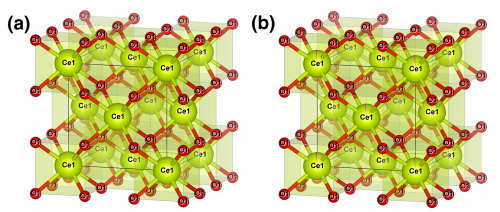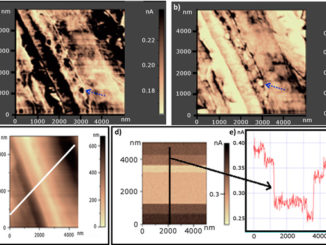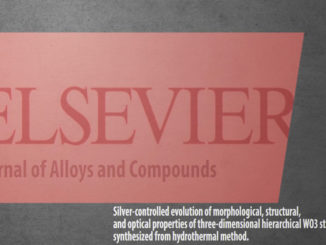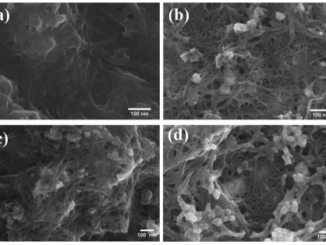
Fast and continuous obtaining of Eu3+ doped CeO2 microspheres by ultrasonic spray pyrolysis: characterization and photocatalytic activity
Abstract: In this work, CeO2:xEu(3+) (x=0, 0.01, 0.02, 0.04 and 0.08mol%) microspheres were obtained by the fast and continuous ultrasonic spray pyrolysis method. Powders were characterized by X-ray diffraction (XRD), X-ray fluorescence analysis (XRF), scanning electronic microscopy (FESEM), Raman spectra, UV-Visible spectroscopy (UV-Vis) and photocatalytic activity. All XRD patterns were indexed by the cubic structure of the fluorite type, without the presence of secondary phases, indicating success in the Eu3+ doping in the CeO2 structure. In addition, The XRF analysis confirmed the presence of Eu in the CeO2 powders. In the Raman spectra of the samples occurs the vibrational mode F-2g, which is a characteristic band of materials with the fluorite type structure. Moreover, as the Eu3+ ion increased, it was noticed the appearance of additional bands referring to oxygen vacancies. FESEM showed that the CeO2:xEu(3+) particles have a spherical morphology with homogeneous chemical composition and particle size between 73 and 1560nm. It can be seen a slight increase of defects in their morphology as the Eu3+ ion increases. The band gap varies between 3.22 and 3.28eV, being influenced by defects in oxygen vacancies and the concentration of Ce3+ ion. The addition of Eu3+ generates the introduction of intermediary levels in the conduction band of CeO2, besides increasing the reactive species effects, favoring the photocatalysis of Rhodamine B dye.
Author(s): Santiago, AAG; Neto, NFA; Longo, E; Paskocimas, CA; Motta, FV; Bomio, MRD
JOURNAL OF MATERIALS SCIENCE-MATERIALS IN ELECTRONICS
Volume: 30 Pages: 11508-11519 Published: JUN 2019
DOI: 10.1007/s10854-019-01506-7




